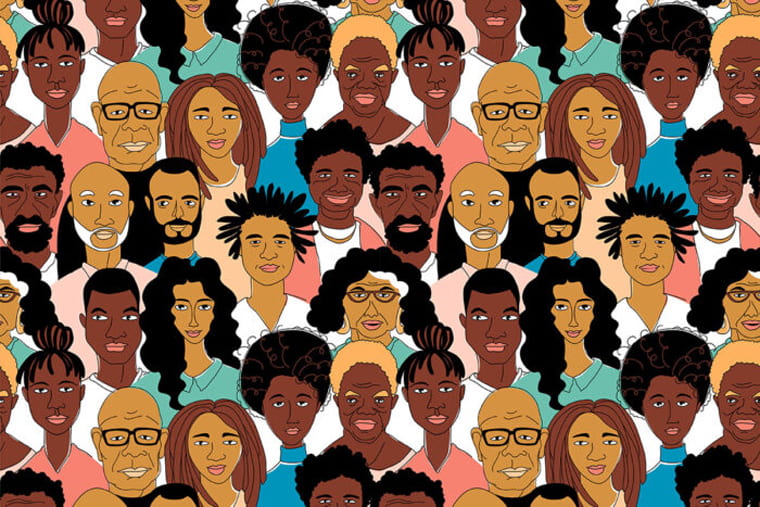The burden of Alzheimer’s disease doesn’t fall on all communities equally. Black Americans face about double the risk of developing the devastating neurodegenerative disease than non-Hispanic white Americans do.
The factors that place Black people at elevated risk remain poorly understood, partly because Black people historically and systematically have been underrepresented in Alzheimer’s studies. Without a sufficiently large pool of Black study participants, it is not possible to investigate thoroughly the myriad social and other factors that put Black people at risk.
Two new grants awarded to researchers at Washington University in St. Louis will support efforts to bring more Black Americans into Alzheimer’s research studies to better understand the health challenges facing the community. Joyce Balls-Berry, PhD, MPE, associate professor of neurology at the School of Medicine, has received a $3.4 million grant to recruit Black Americans and other members of underresourced communities into a registry for research studies. Darrell Hudson, PhD, associate professor of public health at the Brown School, and Ganesh M. Babulal, PhD, assistant professor of neurology at the School of Medicine, have jointly received a $3.7 million grant to investigate risk factors for cognitive decline among Black Americans. Both studies are supported by the National Institute on Aging of the National Institutes of Health (NIH).
